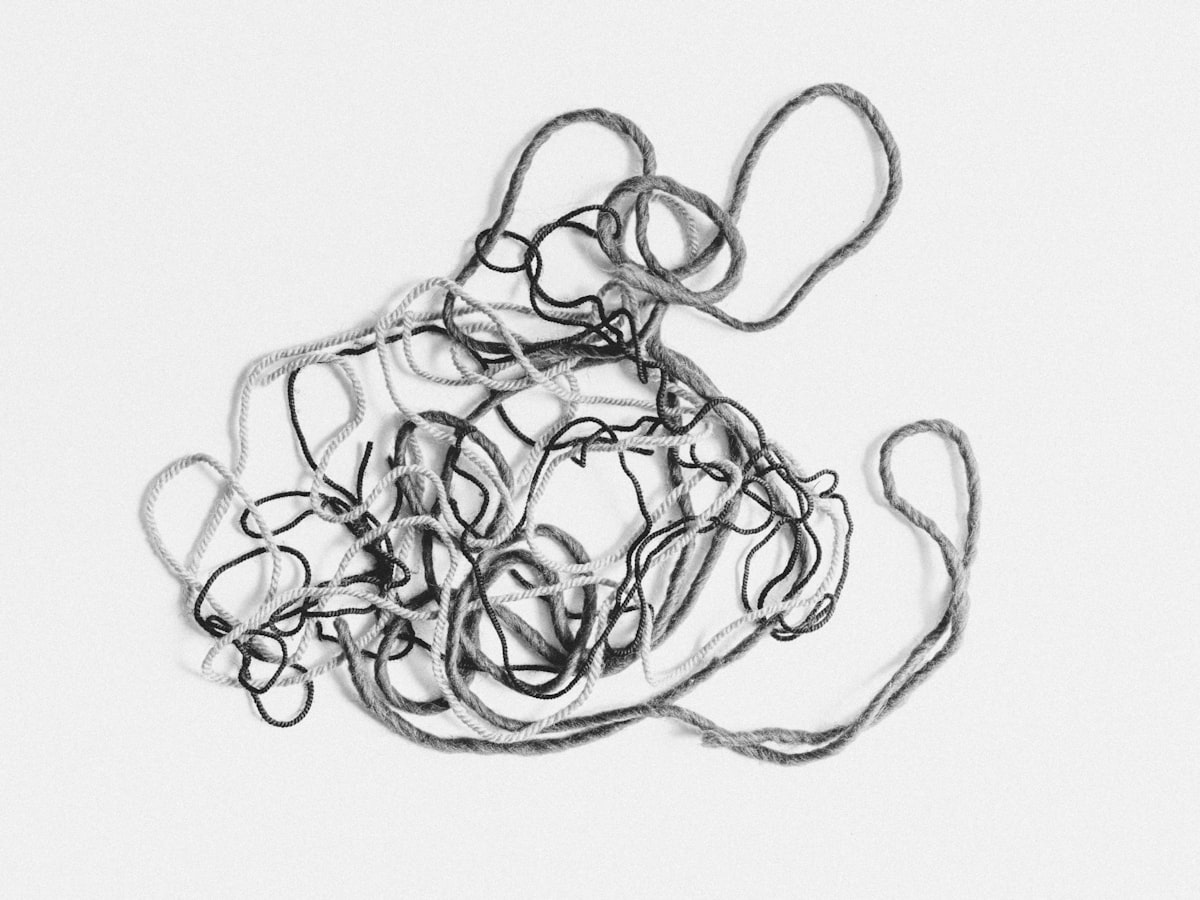It’s not you. It’s not me. It’s US.

A deceptively simple-seeming concept I’ve been giving a lot of thought to recently can be summed up like this:
"It's not you. It's not me. It's US."
Seeing a relationship like this lets both parties see it for what it is, something outside themselves. Since it exists independently, it can be addressed without impacting either party directly—say, dissolved—without reflecting negatively on either person.
It's not that you're a bad person, nor am I, it's just that this relationship isn't working.
Finding this concept came at a meaningful time for me some years ago as I was contemplating how to extricate myself from a particularly toxic working relationship. The fact that I was able to do so is a big part of how I was able to become a full-time writer.
This seemingly simple concept turns out to be an extremely powerful way of looking at such toxic relationships. It effectively takes the blame off of both parties and puts it squarely on the interplay between them.
It turns the squishy concept of a relationship into a tangible thing that is not working.
It also turns out this idea has a grounding in, of all places, quantum physics.
No, I do not actually have a grasp on even the fundamentals of such things. What I have is a lovely little book called Helgoland, by an Italian physicist called Carlo Rovelli.
In it, Rovelli lays out, in some of the clearest and most succinct language I've ever found, the history and basic outline of quantum physics. So imagine my surprise, and outright wonder, when in the section on quantum entanglement he says this:
"The relationship between two objects is not something contained in one or the other of them: it is something more besides."
Please don't ask me to explain quantum entanglement, it involves two things being separated yet still linked by...something. Or at least that's what I've gleaned after 3 reads of this section.
The salient point here is that if quantum objects, ie anything that exists (you, me, the keyboard I'm typing this on, the book I just read that quote from, my desk lamp) and the relationship between them are distinct entities—it lends support to the idea that a relationship between two humans is something that can at fault for failing both of those humans.
I don’t have any concrete advice to add here, there’s way too much variety when it comes to human relationships for me to distill it down to a pithy aphorism or something. I simply wanted to share this perspective in the hopes that it may help someone else see their way out of a toxic situation in a way that leaves both parties feeling OK about themselves—secure in the knowledge that it wasn’t their fault.




